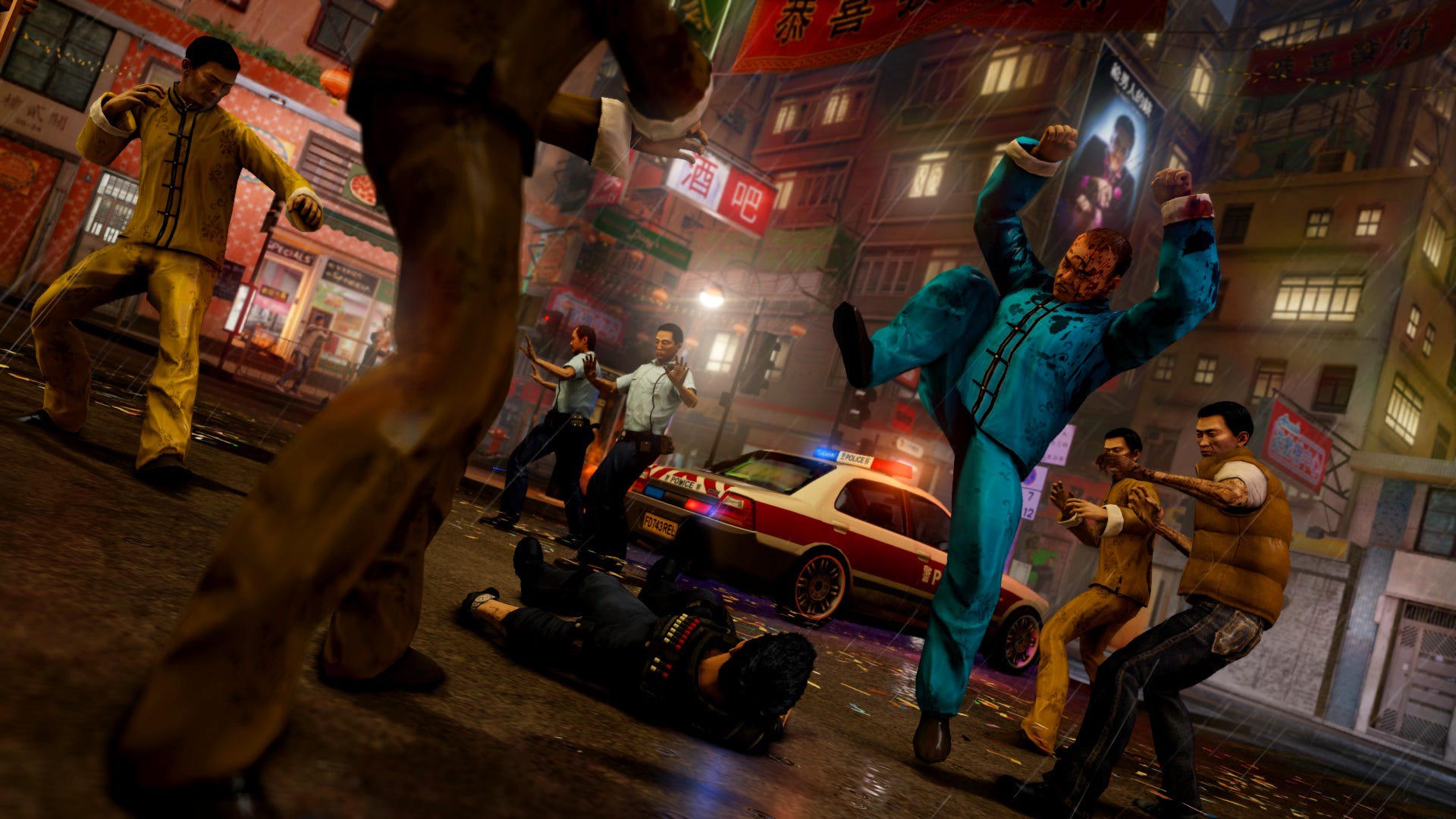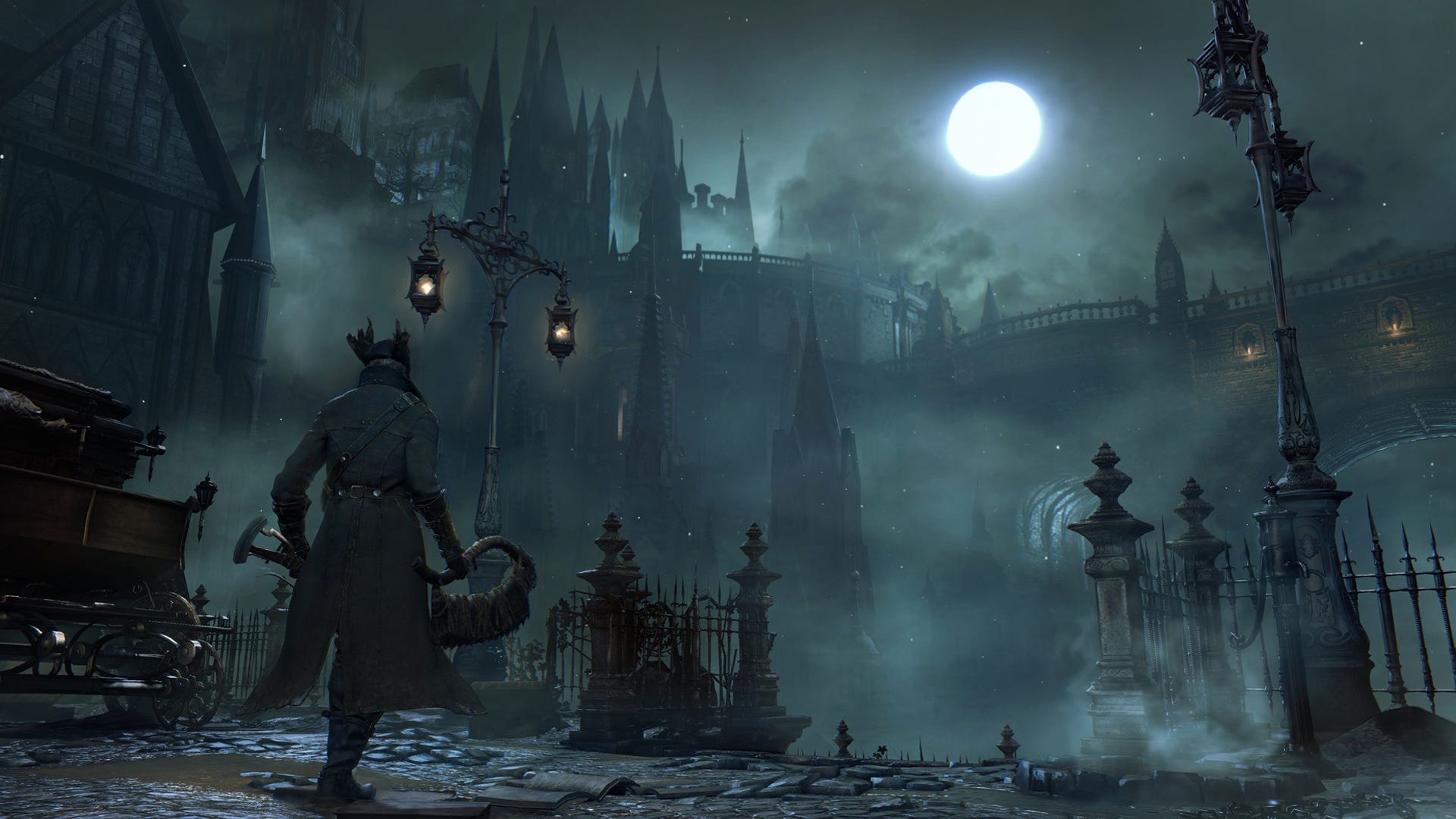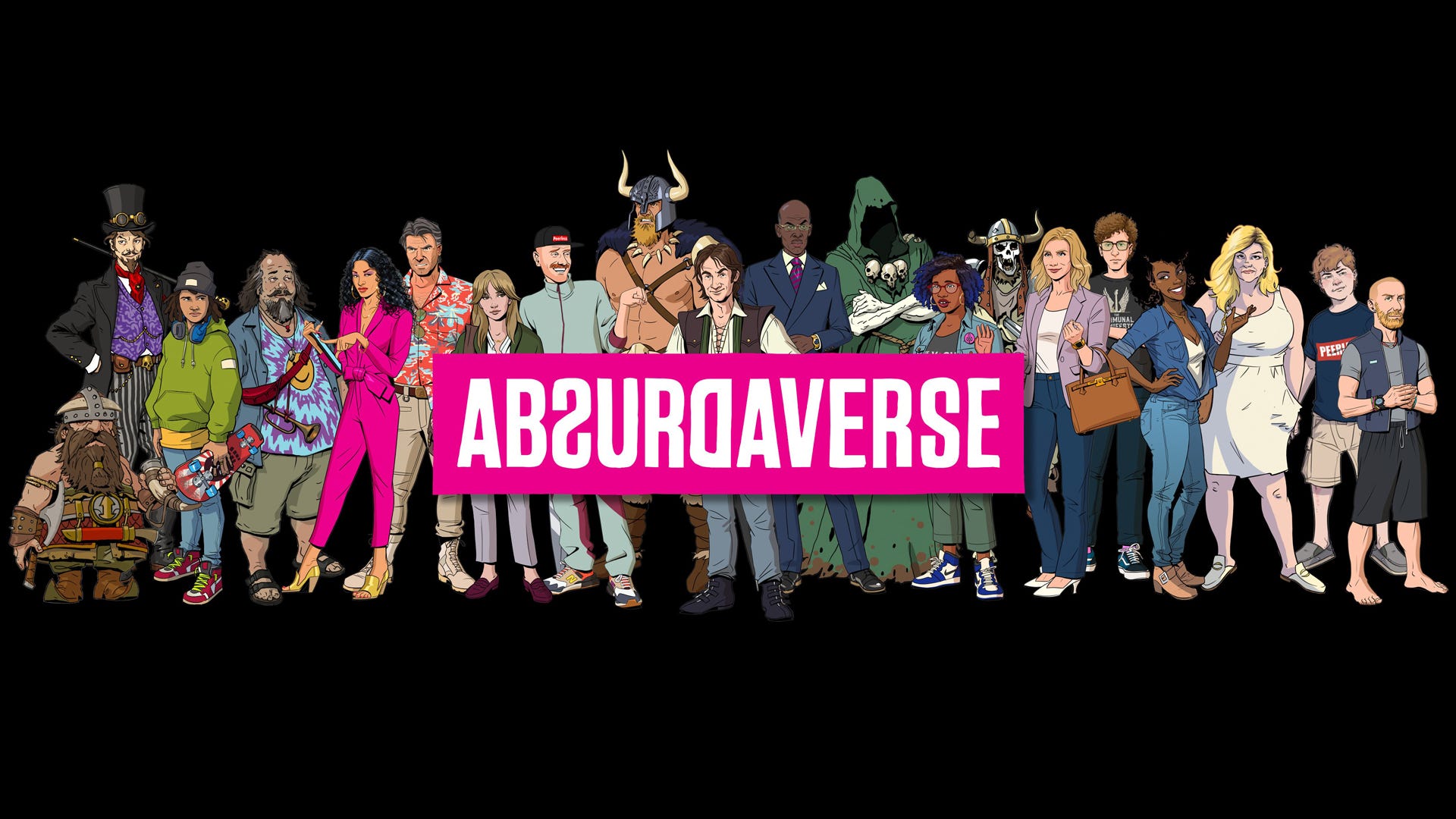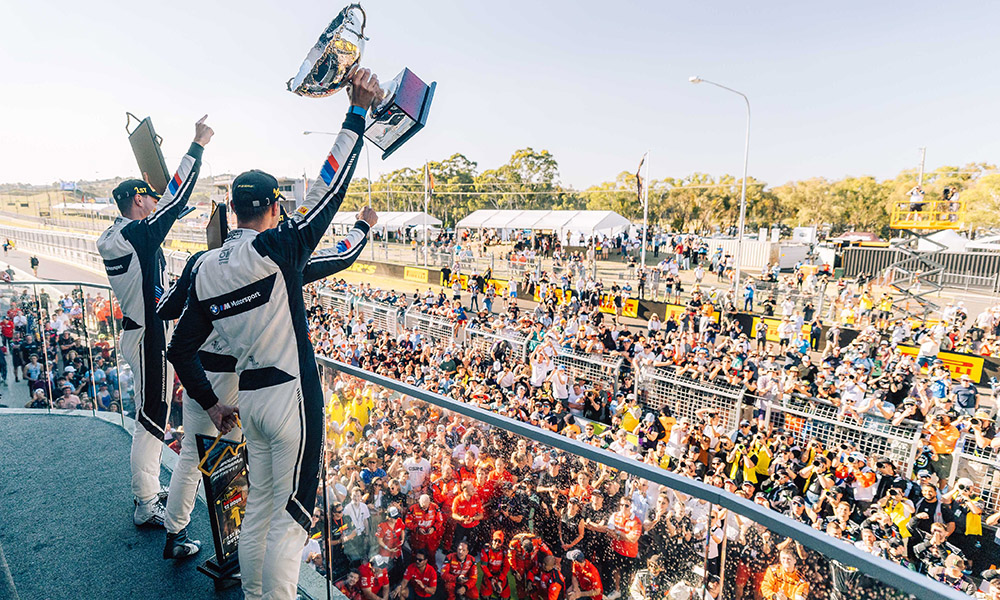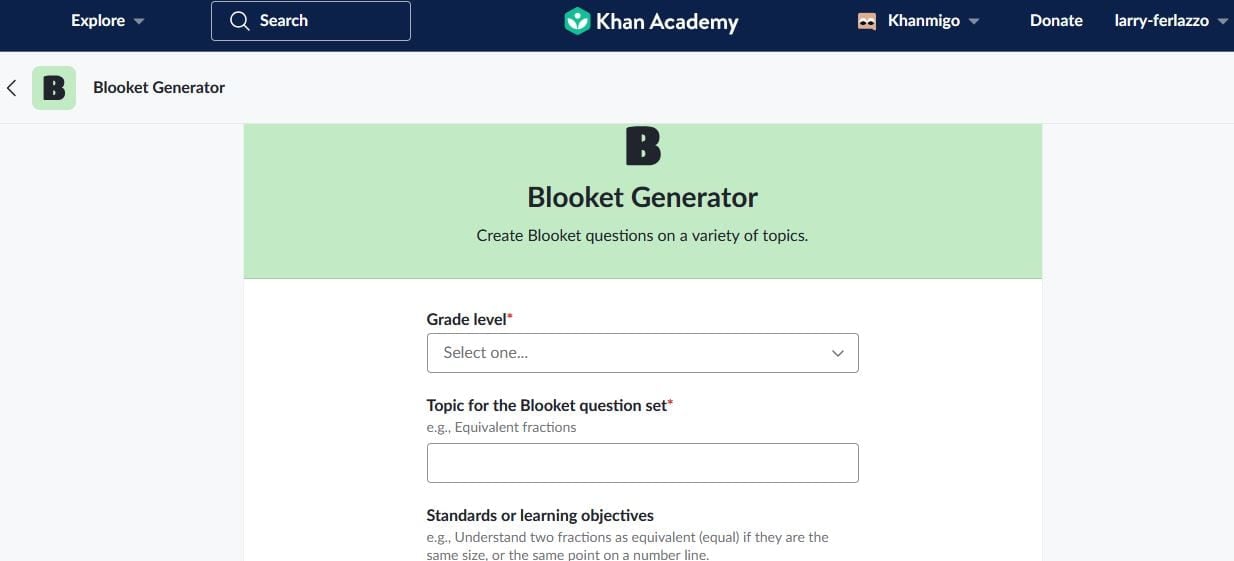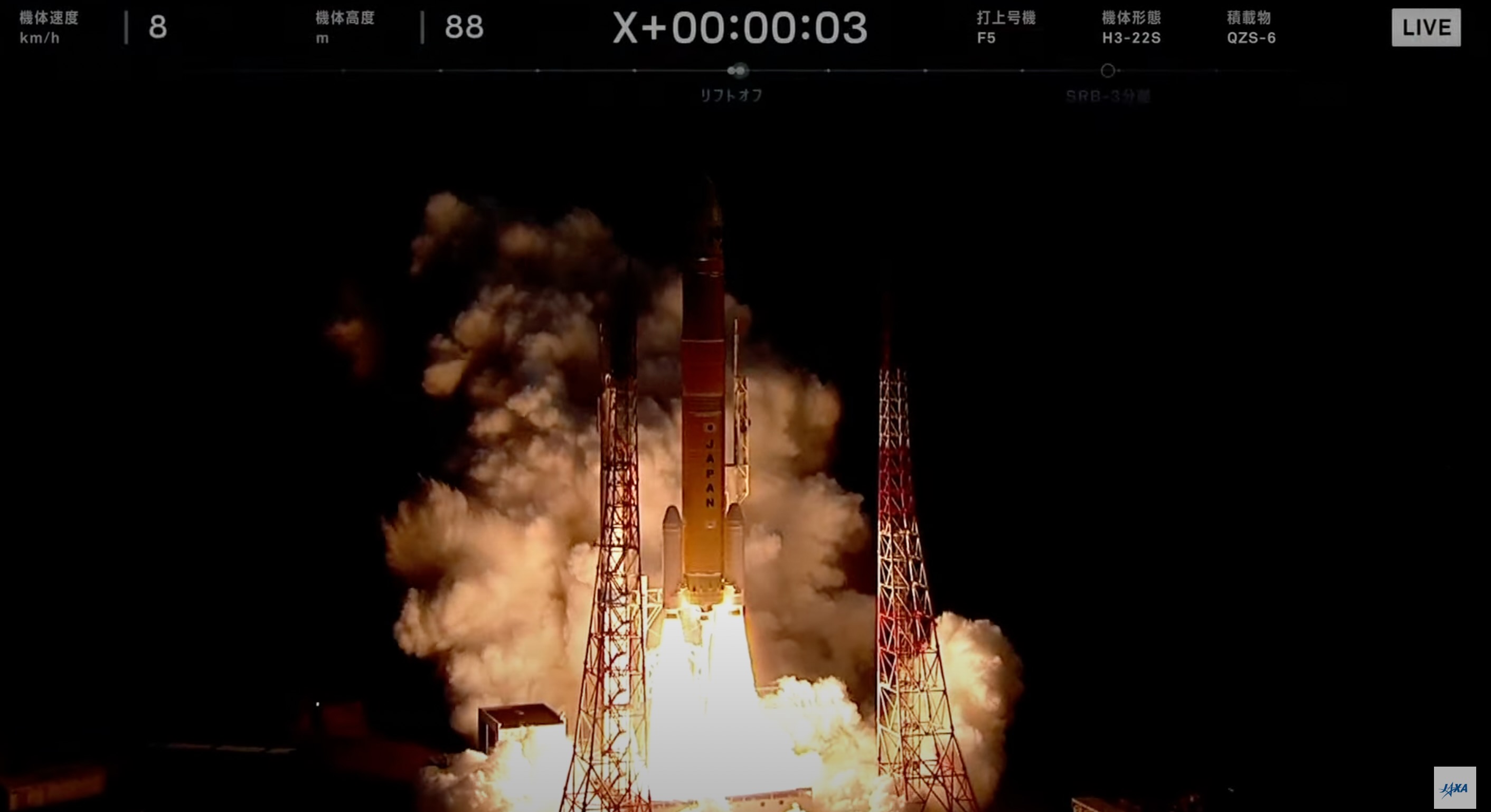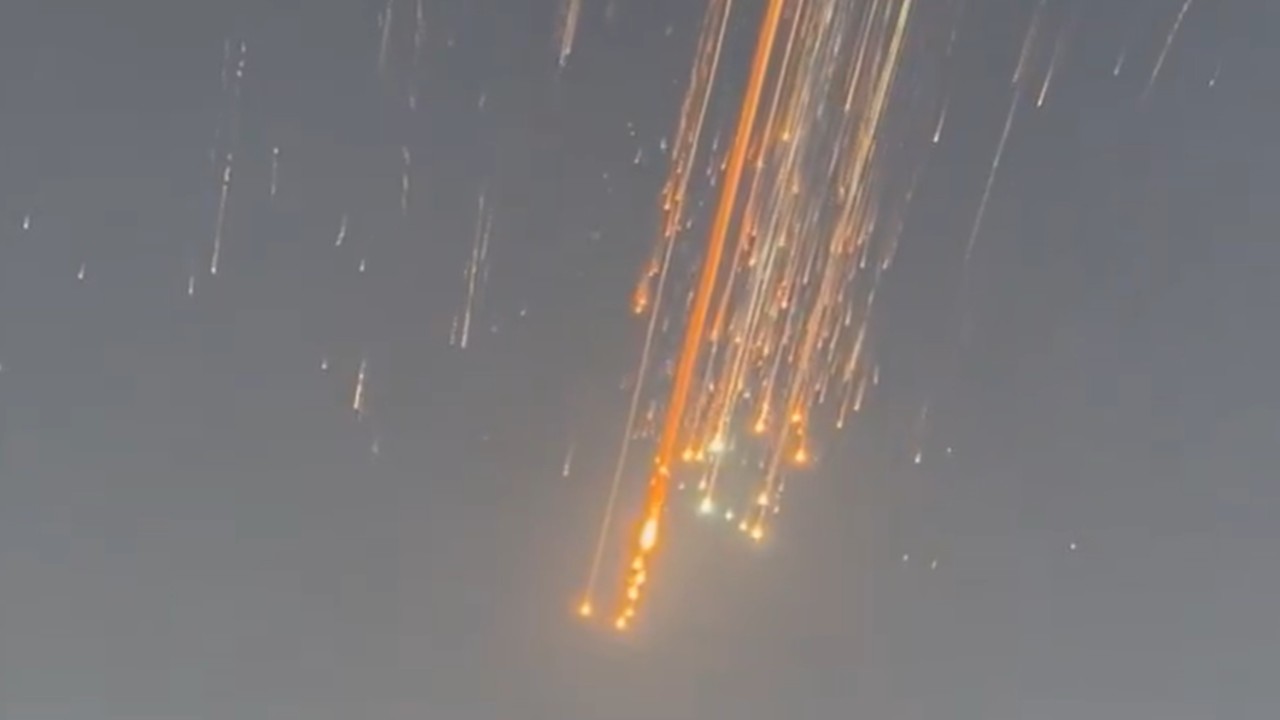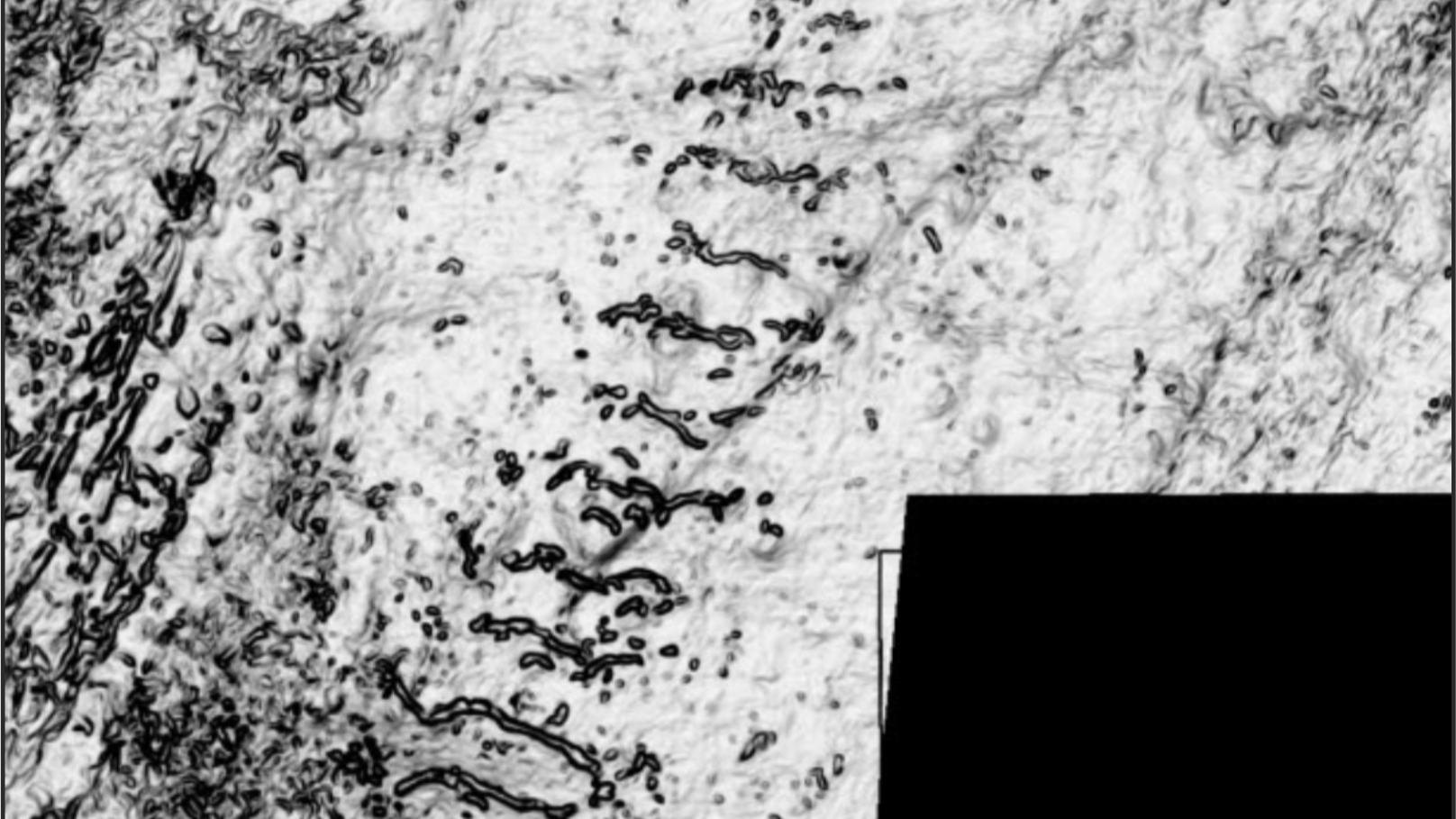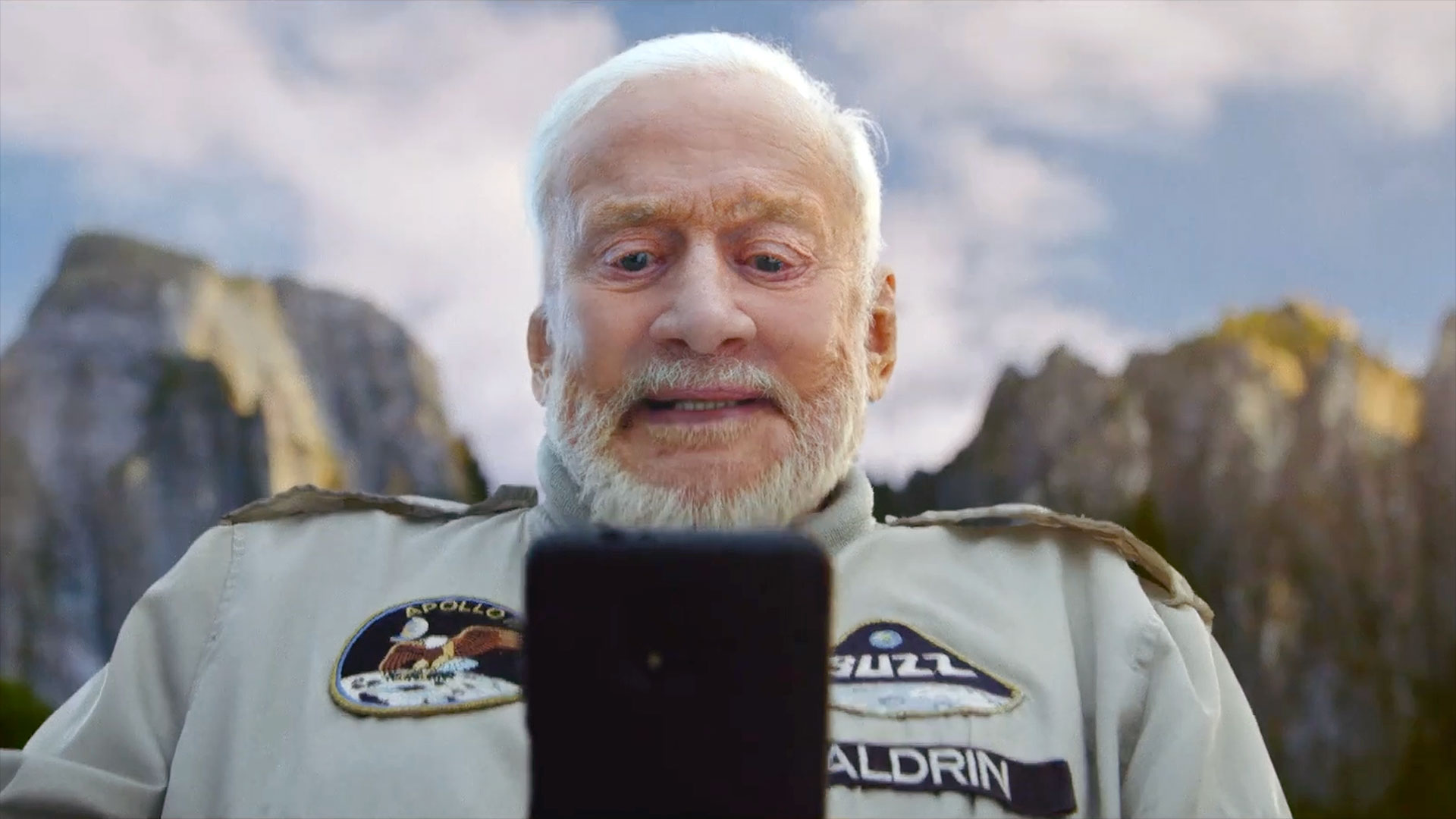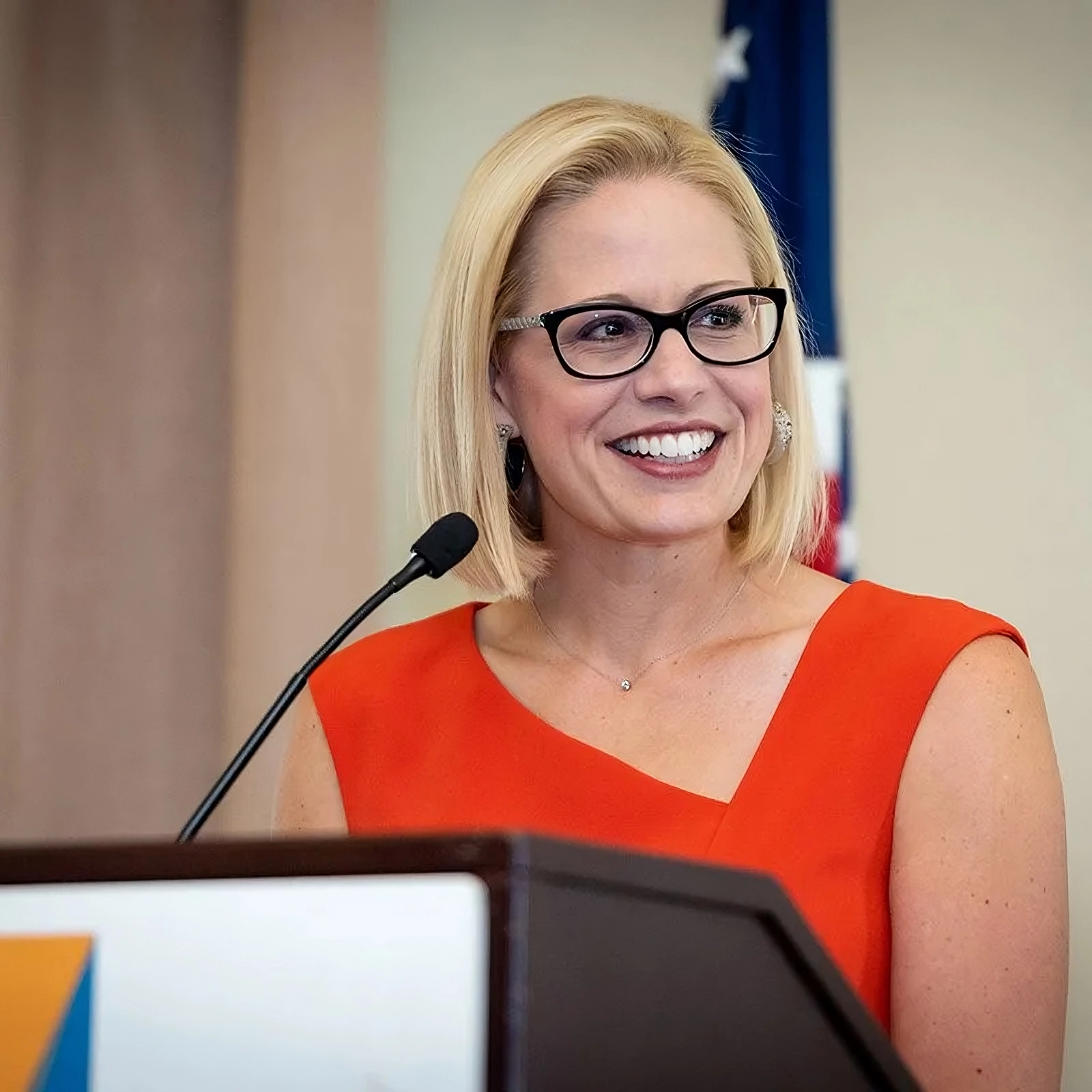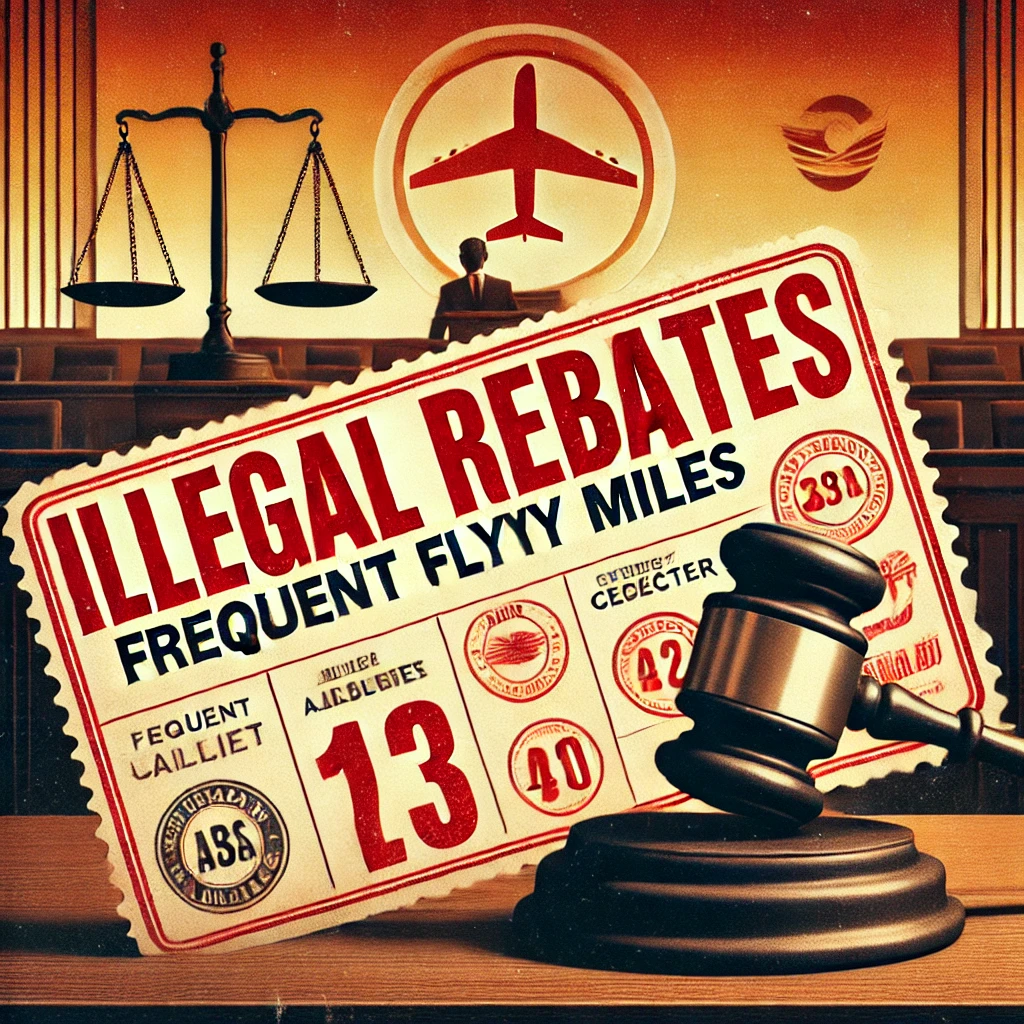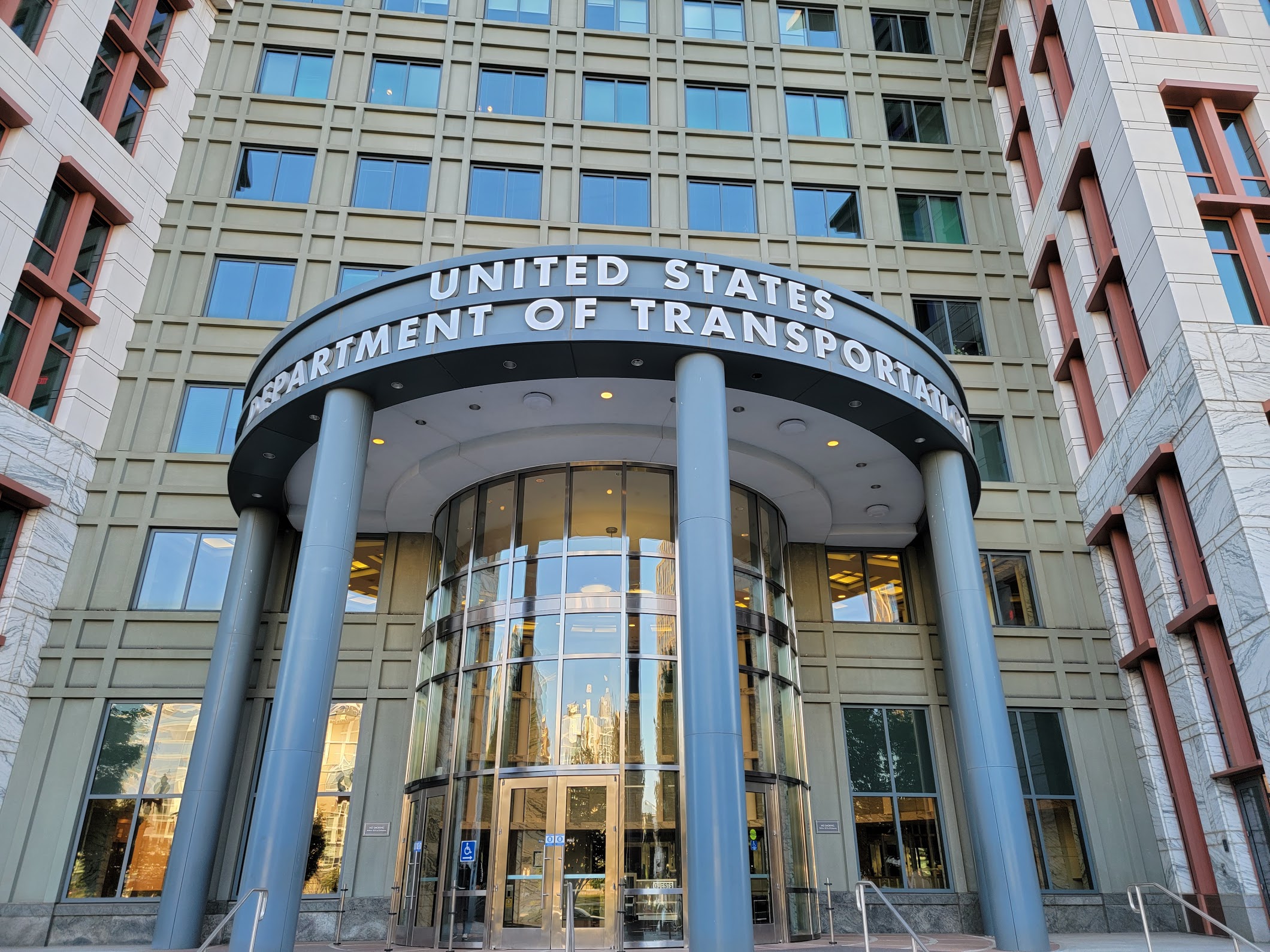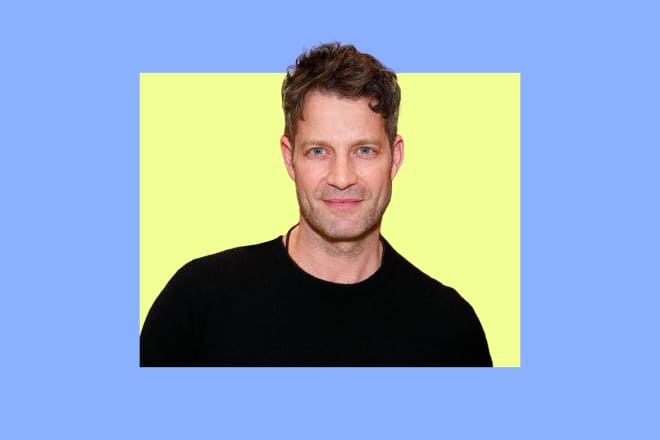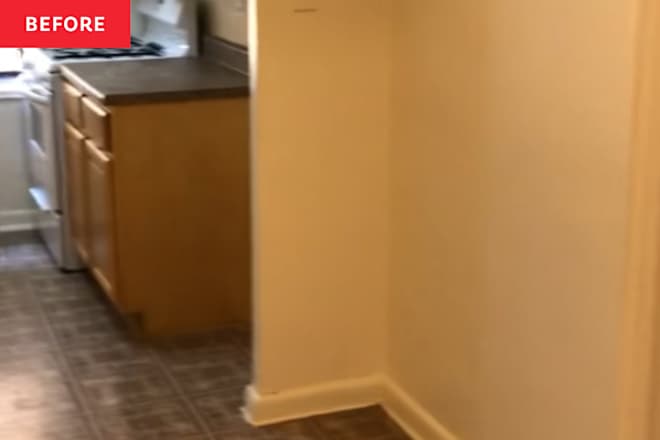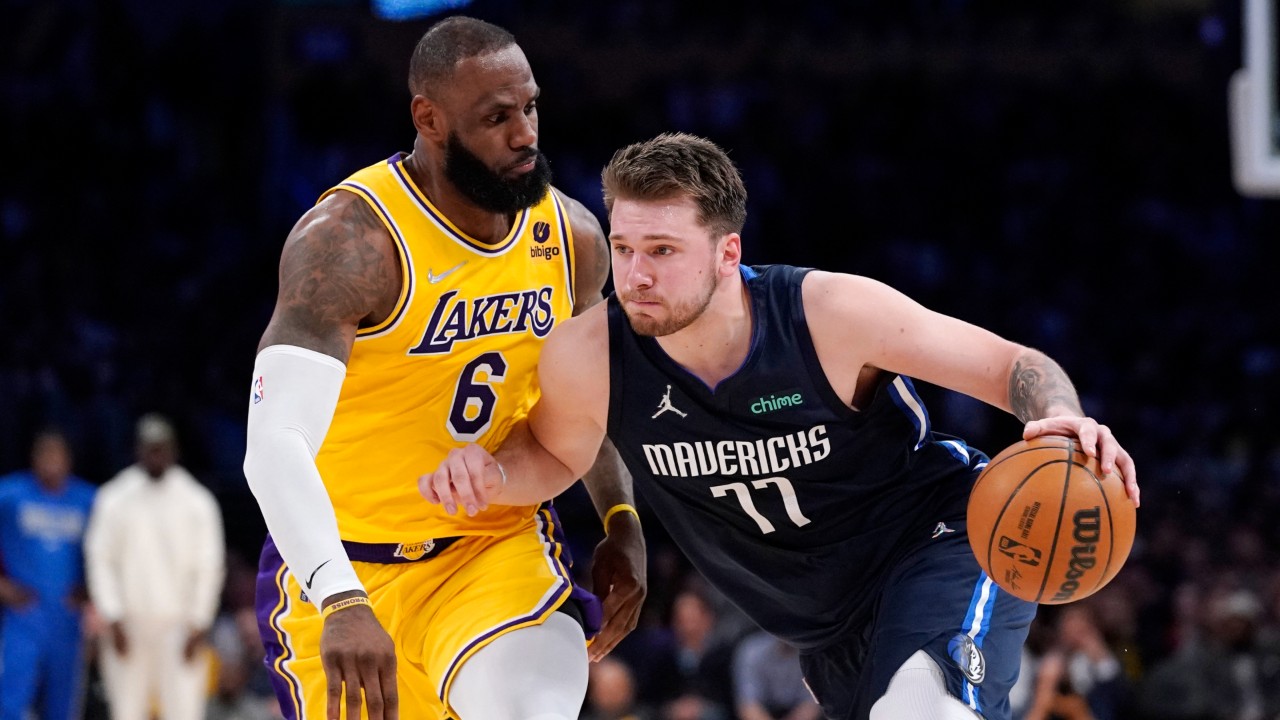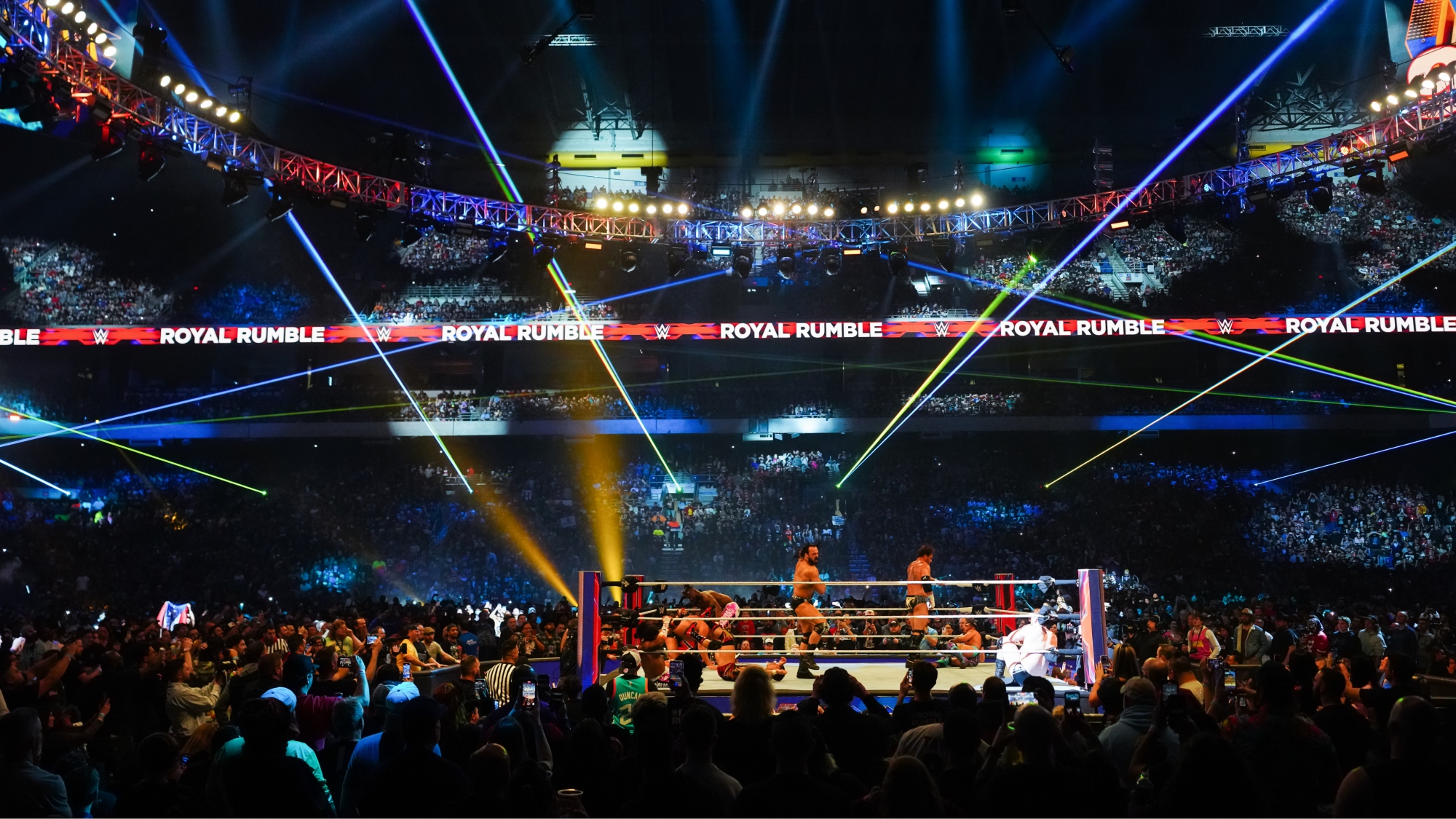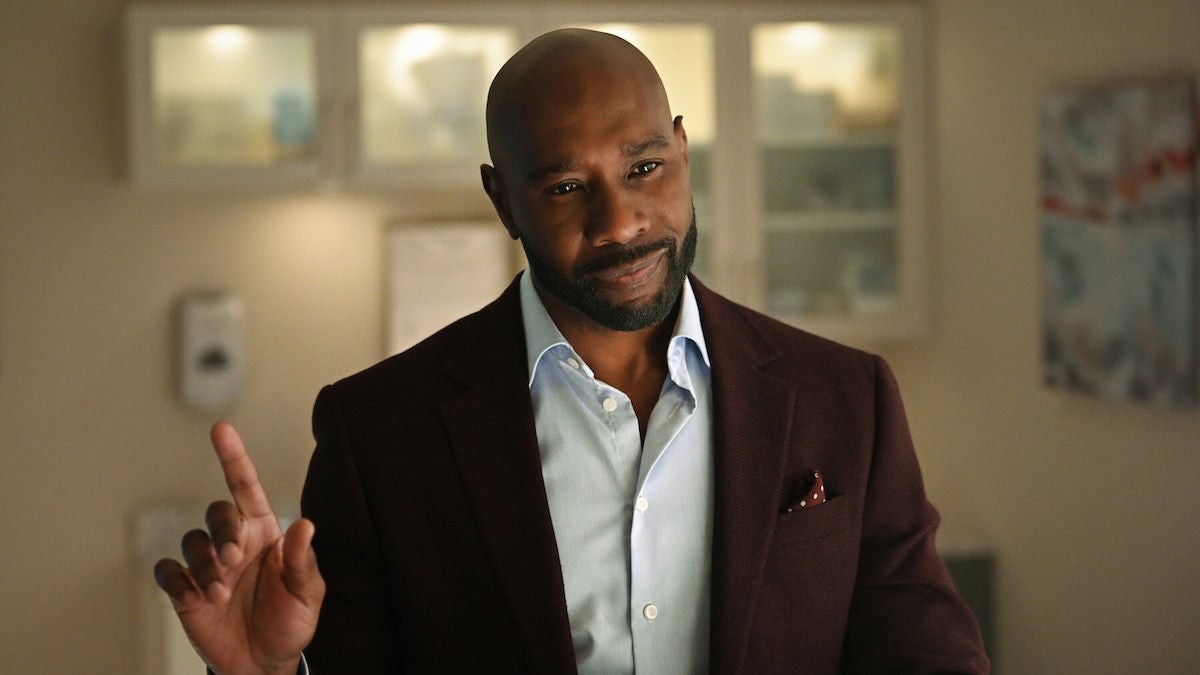‘All That’s Left of You’ Review: Sweeping Palestinian Family Epic Is Essential Viewing
Sundance 2025: Writer/director/star Cherien Dabis tells a painful story with a delicate touch The post ‘All That’s Left of You’ Review: Sweeping Palestinian Family Epic Is Essential Viewing appeared first on TheWrap.

In “All That’s Left of You (اللي باقي منك),” the immensity of a bloody history that has taken and continues to take countless lives is seen through the eyes of a single family trying to endure when all they hold dear is at risk of being lost forever. It’s also authentically, tragically and urgently true to the lived reality of far too many. Set in the West Bank, the film is about mass displacement, state violence and the agony that comes from it. Much like the outstanding, yet unfortunately still undistributed, Oscar-nominated documentary “No Other Land,” it’s a deeply painful, necessary watch that confronts the way cruelty and repression leaves deep, lasting wounds over lifetimes. But some blunt narrative decisions and a rushed conclusion ultimately keep “All That’s Left of You” from greatness.
At its core,”All That’s Left of You” brings an admirable sense of care to its crushing story, managing to excavate the complicated emotions at the heart of its vast history and expand what is likely to be many’s rather limited understanding of the region. The film focuses on how the family at its center are trying to find vibrancy in their lives under the dark shadow of violence. That writer/director/star Cherien Dabis had to flee Palestine during production when violence, which has been stemmed for now by a long overdue ceasefire one can only hope holds, broke out once more only makes her film that much more vital.
The story begins with an extended sequence following a young Palestinian teen who soon confronts Israeli soldiers at a protest. Suddenly, with an effectively alarming and disorienting speed, shots begin to ring out. Despite trying to dive into a car to escape, he is shot through the windshield. We then jump ahead in time to hear from his mother (Davis) speaking directly to the camera. There is a pain in her voice but, just as critically, a steely determination to take us all back through how it was that we arrived at this moment. It wasn’t something that just happened in a vacuum and, as the film guides us through all the factors that led to it, the comprehensive portrait Dabis is painting begins to take shape.
The film is sturdily made, playing out both as a heartfelt historical drama and a more searingly comprehensive accounting of the political forces that cause ripples of pain for people throughout the region. We see how the past generation of this family was living a happy life though were displaced by the occupation of their home. They have not been able to regain what turned out to be all-too-fragile stability, as some of the cuts that hurl us ahead decades into the tense future create an earned sense of mourning over what has been lost. There are slivers of joy they manage to create, with one marriage sequence full of dancing and singing crackling with energy, though it is always under constant threat. Even just a walk home can become dangerous when a curfew that was supposedly lifted is suddenly put in place once more. Free movement, be it physical, emotional, or spiritual, is not something this family and many others can fully access.
As parents Salim (Saleh Bakri) and Hanan (Dabis) try to make do with what they can, the crisis we saw in the beginning weighs heavy. Even as the flash forward is a slightly contrived and overused way of structuring the story, it proves potent as we see the schisms taking hold in the family that will result in them potentially losing their son forever. The aftermath of his being shot is handled with a delicate touch just as Dabis never flinches from the agony of the parents having to jump through bureaucratic hoops to try to get him care. Just as deadly as a gun is the system in place that prevents the family from getting access to expedient medical care. We feel the overwhelming frustration and terror in the banal yet brutal process they must go through. It shares a similar tone and approach to the illuminating “I’m Still Here” even if it isn’t quite as successful.
With great performances across the board and a deep care for the subjects that is felt in every frame, “All That’s Left of You” is a powerful cinematic plea for the world to not just recognize the humanity of the Palestinian people, but begin grappling with the cruel systems of bureaucracy that have continued the cycles of violence. Peace is never something that is easy when political leaders seem to care more for their careers than people, and a film like this does not have a responsibility to solve the world’s problems. However, there is a power to a well-told story that not just expands the scope of our understanding, but honestly confronts the forces that inflict pain. When all that’s left of “All That’s Left of You” is laid out in a moving yet devastating coda, it is in the beautiful humanity of its characters that it defiantly finds something resembling hope.
Check out all our Sundance coverage here
The post ‘All That’s Left of You’ Review: Sweeping Palestinian Family Epic Is Essential Viewing appeared first on TheWrap.

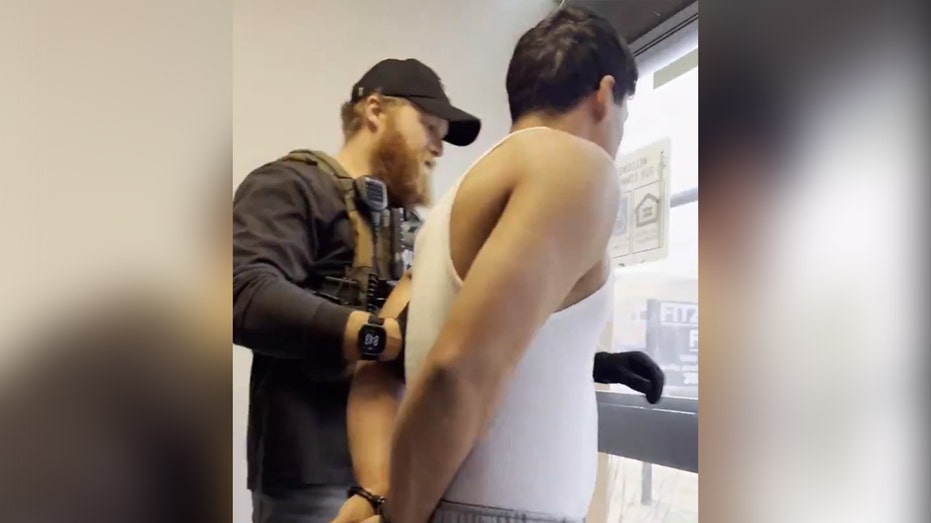

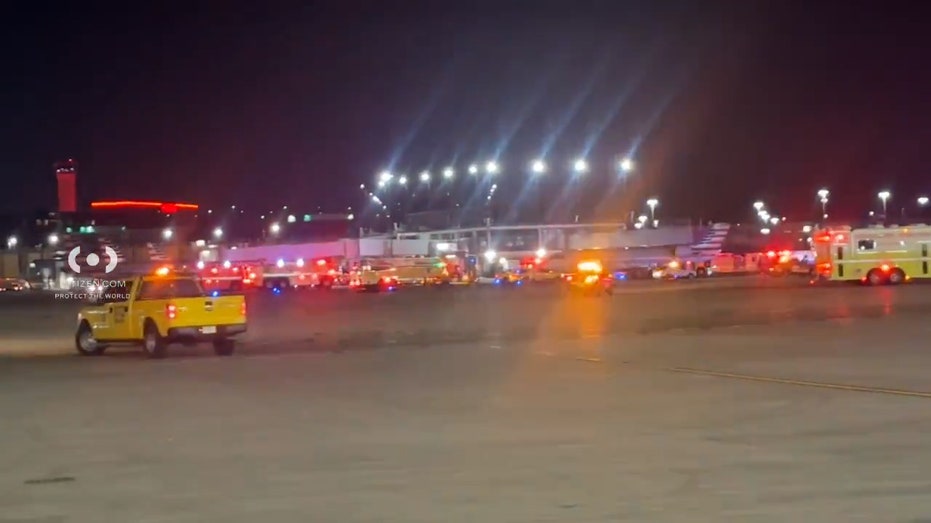





![[DEALS] iScanner App: Lifetime Subscription (79% off) & Other Deals Up To 98% Off – Offers End Soon!](https://www.javacodegeeks.com/wp-content/uploads/2012/12/jcg-logo.jpg)









